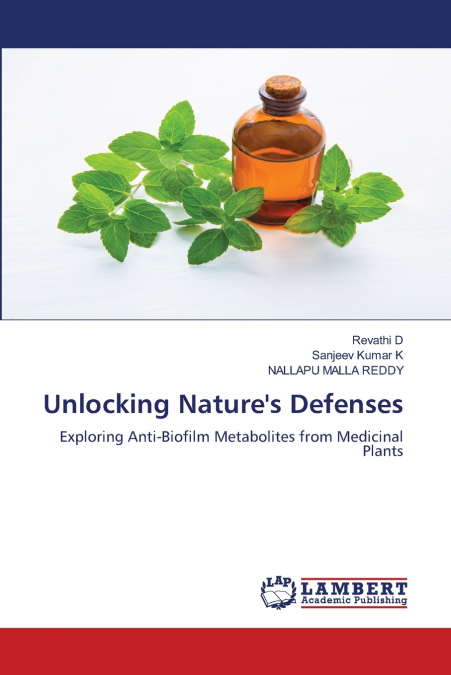
NALLAPU MALLA REDDY / Revathi D / Sanjeev Kumar K
Biofilms contribute to persistent infections and biofouling because they are extremely robust and can be difficult to treat with traditional antibiotics.Understanding how bacteria and other microbes stick to surfaces, create intricate structures, and fend off antimicrobial treatments is made easier by research on biofilm development. This knowledge is essential for creating innovative preventative and therapeutic approaches for illnesses linked to biofilm formation, particularly in clinical settings.Numerous plants generate bioactive substances that can prevent the formation of biofilms or disturb existing ones, making the research of anti-biofilm plant metabolites very important. Through the identification and isolation of these molecules, scientists can create sustainable, natural substitutes for synthetic antibacterial drugs. The production of natural, potent anti-biofilm chemicals is made possible by this research, which will benefit both industry and healthcare.The writers’ endeavour to address the essential concepts and principles of biofilm and the research on anti-biofilm metabolites from medicinal plants is evident in this literary work.